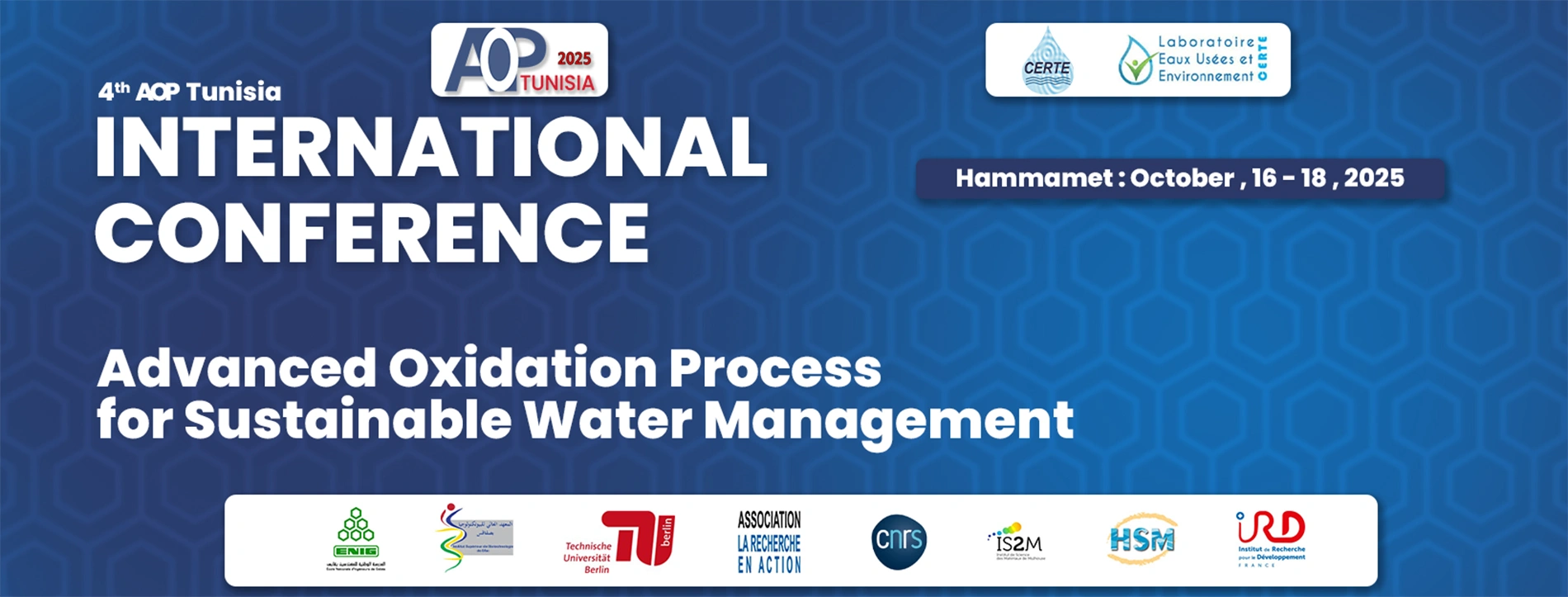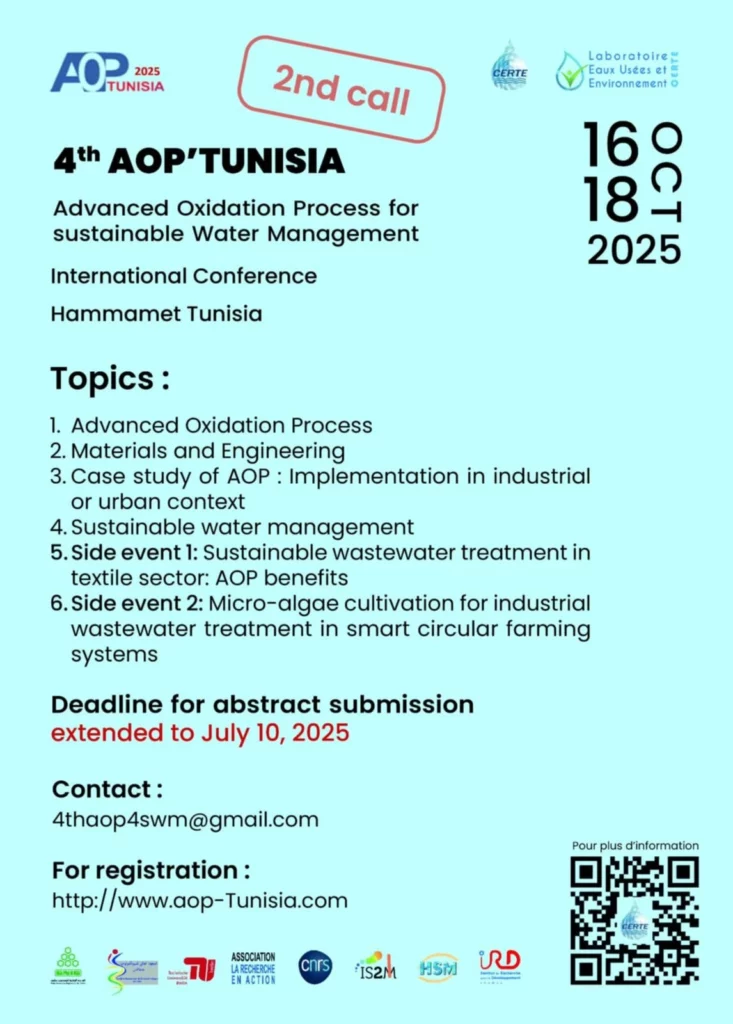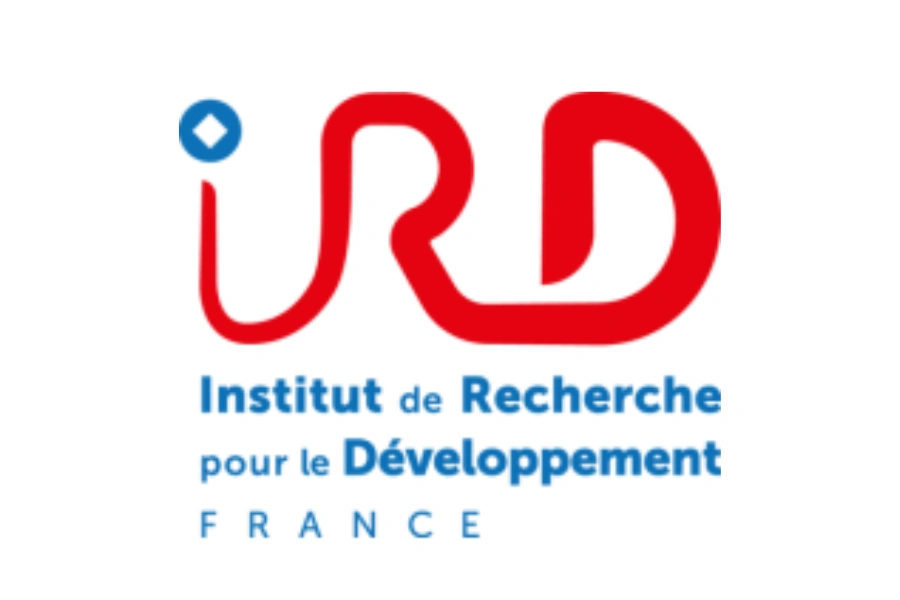


4Th AOP'TUNISIA
W
ater is an invaluable natural resource that must be safeguarded and reused to ensure the sustainable satisfaction of the needs of both citizens and economic sectors. In Tunisia, as well as in the broader Mediterranean region, the pressure on water resources is mounting, making water a precious resource. This growing scarcity poses significant challenges, particularly for agriculture and industrial development, both of which rely heavily on water availability. In this context, treated wastewater emerges as a key component of sustainable water management, serving as an integral part of the community’s water resources. By focusing on direct reuse, rather than discharging wastewater into conventional systems, we can reduce treatment costs and prevent the introduction of persistent pollutants into water bodies, ultimately helping to protect and preserve the water ecosystem.
T
o achieve these goals, water treatment technologies must prioritize (i) the degradation of pollutants, (ii) the promotion of multi-purpose water use, and (iii) the long-term sustainability and effectiveness of advanced treatment technologies. Advanced Oxidation Processes (AOPs) are advancing swiftly worldwide due to their proven effectiveness in breaking down recalcitrant compounds. These processes are also critical in meeting the growing demands of global regulations while safeguarding public health and the environment. As a result, AOPs are increasingly recognized in research as powerful alternatives for the complete removal of persistent pollutants from water and for enhancing the biodegradation of wastewater throughProtecting Water, a Vital Resource
Water is increasingly scarce in Tunka and the Mediterranean. Preserving it is essential to sustainably meet the needs of citizens, agriculture, and industry.
Reusing Treated Wastewater
Direct reuse of treated wastewater lowers costs, reduces pollution, and supports integrated and sustainable water resource management.
Advanced Technologies for a Sustainable Future
Advanced Oxidation Processes (AOPs) remove persistent pollutants and help meet environmental regulations while protecting public health.
Partners

National school of engineeing of Gabès
ENIG

High Institute of Biotechnology of Sfax
ISBS

Technical University of Berlin
TUB

National school of engineeing of Gabès
ENIG

High Institute of Biotechnology of Sfax
ISBS

Technical University of Berlin
TUB

Association Tunisienne de développement durable, la recherche en action
REACT

Centre national de la recherche scientifique
CNRS

Institut de Science des Matériaux de Mulhouse
IS2M

Association Tunisienne de développement durable, la recherche en action
REACT

Centre national de la recherche scientifique
CNRS

Institut de Science des Matériaux de Mulhouse
IS2M

UMR HydroSciences Montpellier
HSM

Institut de recherche pour
le développement
IRD

UMR HydroSciences Montpellier
HSM

